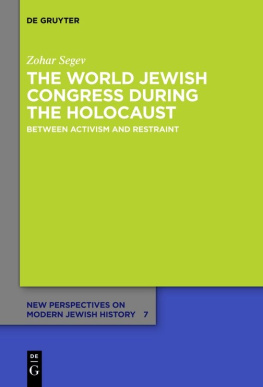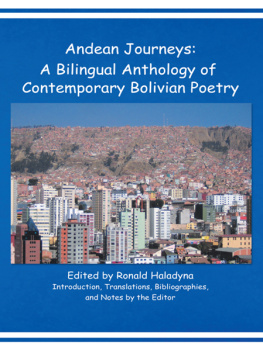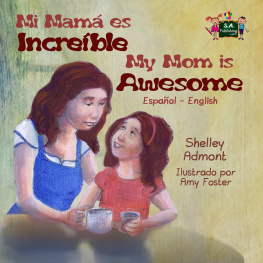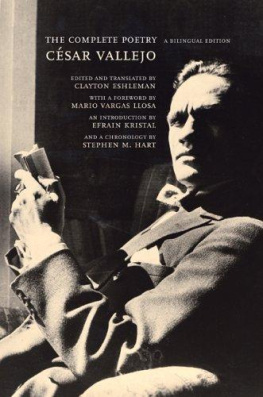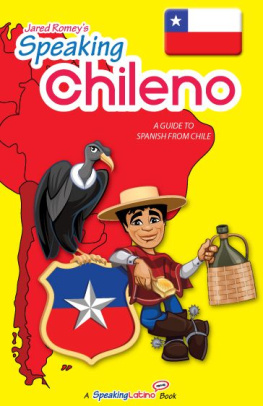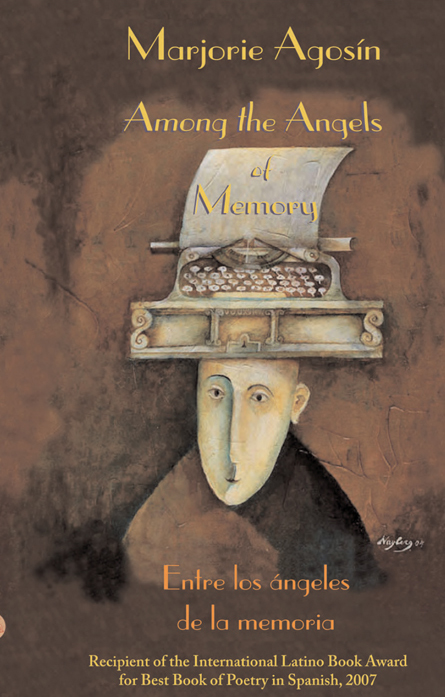M arjorie Agosn is a critically acclaimed Jewish Chilean-American poet, editor, and human rights activist. The author of over two dozen hooks, she is the Luella Laneer Slain Professor of Latin American Studies at Wellesley College. Agosn is the recipient of numerous honors for hoth her writing and her activities on behalf of oppressed peoples around the globe.
Agosns grandmother, Hlelena Broder, fled the Holocaust in 1939. Among the Angels of Memory documents Agosns physical and spiritual search for fragments of her grandmothers life in Vienna and Prague. According to the Kabbalah, any book can be an angel of memory. Thus the writing process itself becomes the vehicle for this exquisite poet to reach through time and touch the ghosts of her own familys history.
Diana Anhalt, in 7 The Texas Observer, describes how Agosn blends visions and recall her own and Others into a harmonious whole. She speaks to us of women in hats, cousins herded onto trains, and of Helena Broders sou, forced to crawl through Viennas streets scrubbing cobblestones. Her work is permeated with the musty scent of old photographs and lilacs.
Indeed, Among the Angels of Memory is a book that almost defies description. A work of reverie and remermbrance, it is also an unforget-able indictment of mankinds inhumanity. A work that relentlessly seeks for traces of a single Jewish woman, it is also brilliantly multicultural, bridging languages and cultures on three continents.
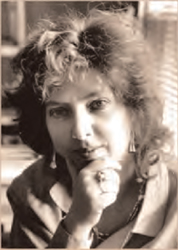
Marjorie Agosn has been called a one-woman literary movement. She has written and edited collections of poetry, essays, and fiction on a fascinating array of topics, from the mothers of the desaparicidos protesting in the Plaza de Mayo of Buenos Aires to the Chilean weavers who sew their memories of attrocities into their small tapestries Or arpilleras; from the Holocaust to the Jewish immigrant experience in America to Latina poets to Vincent Van Gogh.
For the past decade, Agosn has focused on a series of multi-genre, critically acclaimed memoirs of her family. As often as not these might qualify as magical realism, hut Agosns work goes beyond that shopworn term. As Elena Poniatowska writes, Agosn could well be the creator of a new fantastic literature in Latin America.
Still, more than anything else, Agosn is a poet of the heart, who writes exclusively in Spanish.
A dedicated human rights activist, Agosn is a recipient of the Jeanetta Rankin Award in Human Rights, the Good Neighbor Award from the Conference of Christians and Jews, the Girl Scouts Leading Women of 2000 Award, and the United Nations Human Rights Award. Almost all of her works reflect her deep) concern for human rights.
Agosns numerous literary awards include the Letras de Oro Prize and the Latina Literature Prize.
Among the Angels
of Memory

Entre los ngeles
de la memoria
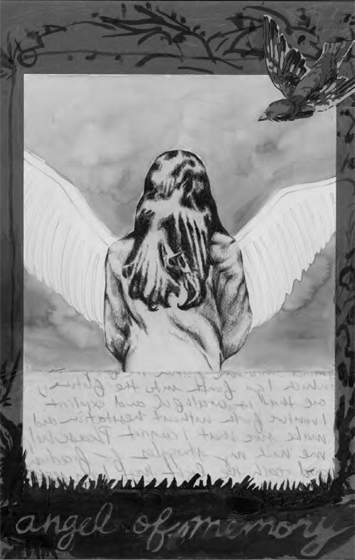
The Angel of Memory by Natalia Nakazawa
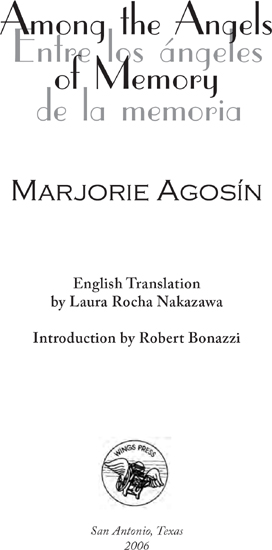
Among the Angels of Memory / Entre los ngeles de la memoria
2006 by Marjorie Agosn
Introduction 2006 by Robert Bonazzi
Cover painting, Tricorn, by Yevgenia Nayberg. Used by permission.
Frontis illustration, The Angel of Memory, 2005 by
Natalia Nakazawa. Used by permission.
The translation of Entre los ngeles de la memoria into English was
made possible in part by a generous grant from Wellesley College.
Print Edition ISBN: 978-0-916727-13-0
ePub ISBN: 978-1-60940-060-6
Kindle ISBN: 978-1-60940-061-3
Library PDF ISBN: 978-1-60940-062-0
Wings Press
627 E. Guenther
San Antonio, Texas 78210
Phone/fax: (210) 271-7805
On-line catalogue and ordering:
www.wingspress.com
Distributed to the trade internationally by
Independent Publishers Group www.ipgbook.com
Library of Congress Cataloging-in-Publication Data
Agosn, Marjorie.
Among the angels of memory = Entre los ngeles de la memoria /written by Marjorie Agosn; translated from the Spanish by Laura Rocha Nakazawa.-- 1st Wings Press ed.
p. cm.
ISBN 0-916727-13-0 / 978-0-916727-13-0
I. Title: Entre los ngeles de la memoria. II. Nakazawa, Laura Rocha. III. Title.
PQ8098.1.G6A76 2006
861.64--dc22
2005034339
Except for fair use in reviews and/or scholarly considerations, no portion of this book may be reproduced without the permission of the author or publisher.
Contents
The Exiled Angels of Memory:
An Introduction by Robert Bonazzi
Authors Preface
I belong to a lineage of traveling women who were always ready to take flight, women with feet like wings. My great-grandmothers invariably had a suitcase under their beds where they kept their most precious objects: candles to illuminate the growing darkness, salt to accompany each meal, and sugar to sweeten sorrows. I grew up surrounded by these travelers, these astonishing and diaphanous creatures, always ready to go to the most remote corners of the Earth. I am an inheritor of these travelers who, at the turn of the century, crossed over rivers and oceans from Odessa, to Turkey, to Marseilles, to finally arrive at their ultimate destination, the port of Valparaso, with its generous harbor, resembling the smiling face of my wandering ancestors. I am also an inheritor of other travelers who passed through the cities of Vienna, Prague and Hamburg while Europe was burning. They also arrived at the port of Valparaso in the middle of a flowering spring to find happiness at the end of the world.
For these travelers, Chile was the site of permanence and the landscape of refuge. They all remained the rest of their lives in this luminous country. Growing up surrounded by the fables and myths of those journeys, I understood that language was my house of memory. The Spanish language has always been with me throughout my many diasporas. The alphabet was my home; with it I made necklaces, constructed histories, talked about many things.
Through my writings, that I call maps of memory, I have recreated the history of my mother in a memoir titled A Cross and a Star, and later I recreated my fathers memory in Always from Somewhere Else. I also went back, even further, to evoke my great-grandmother Helena Broders journey starting one night in Vienna until the night in which she left for Hamburg to find her final destination in the port of Valparaso. These poems, gathered in a collection called The Angel of Memory (Wings Press, 2001), honor the daring travels of my great-grandmother, her tenacity, audacity and vision, which allowed her to save her life in that terrible year of 1939 when Hitler annexed Austria, and Kristallnacht altered the rhythm of history.
The Angel of Memory tells her story and mine, as well as that of the 20th century with its lessons of violence and evil. I felt compelled to return to the Vienna she left sixty years ago to find her; to smell her perfume among the old dresses of ancient ladies, or to imagine her buying flowers on Fridays. I found my great-grandmother in the memories that my mother and I together recreated and strung as if they were the most precious of necklaces. Memory has its own rhythm, a secret and intimate melody. It moves through the most isolated rooms, and then reappears, luminous and near, when we think to have lost it. Yet, it is the desire to bring it to life, to rescue it, that dominates my history and the poetry of these pages.


